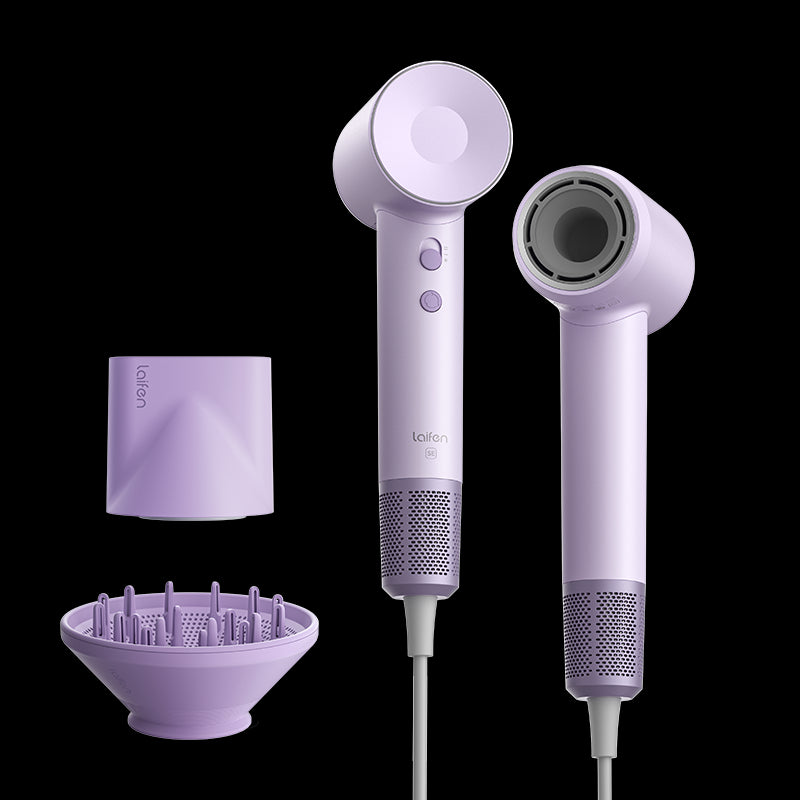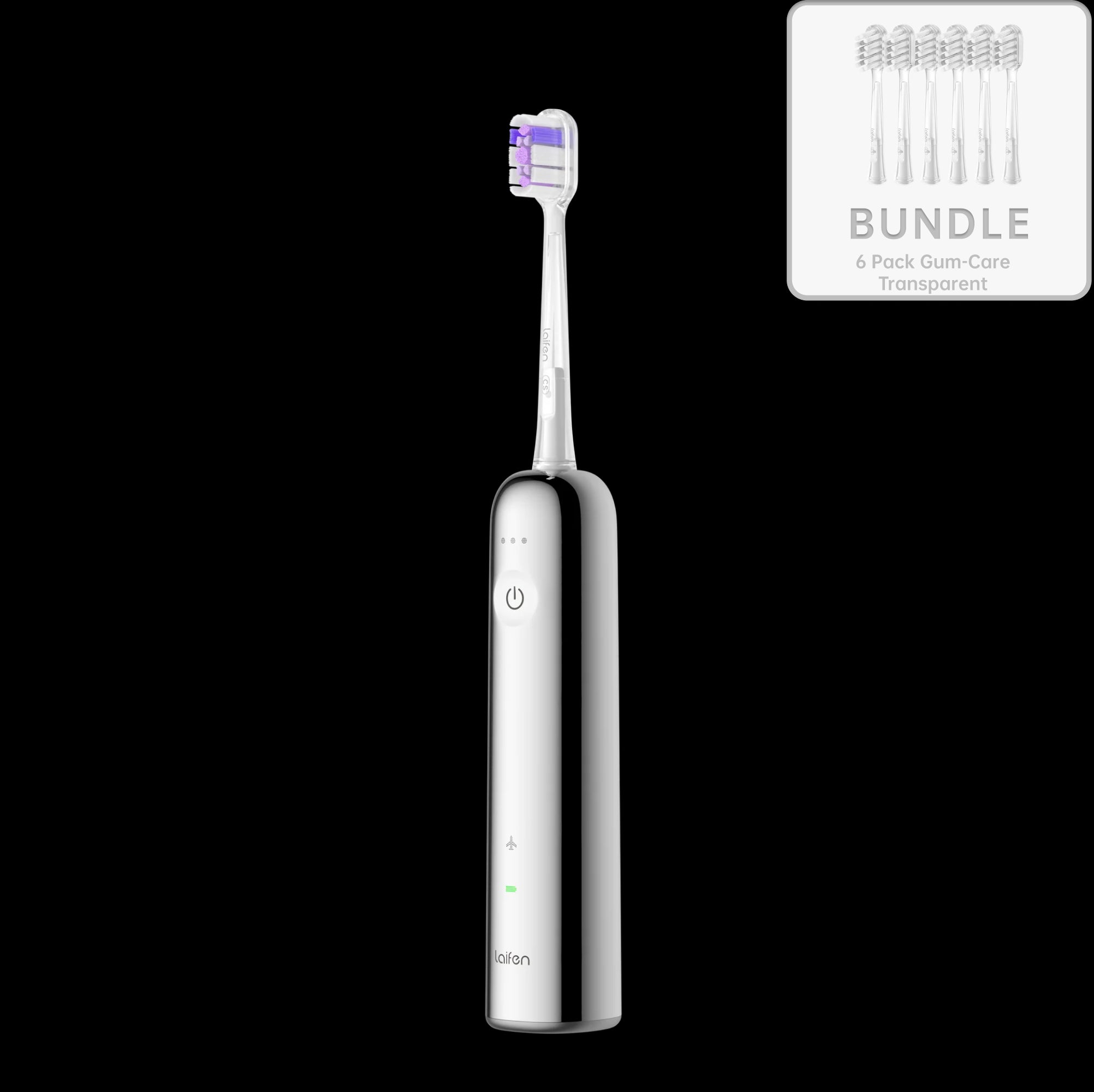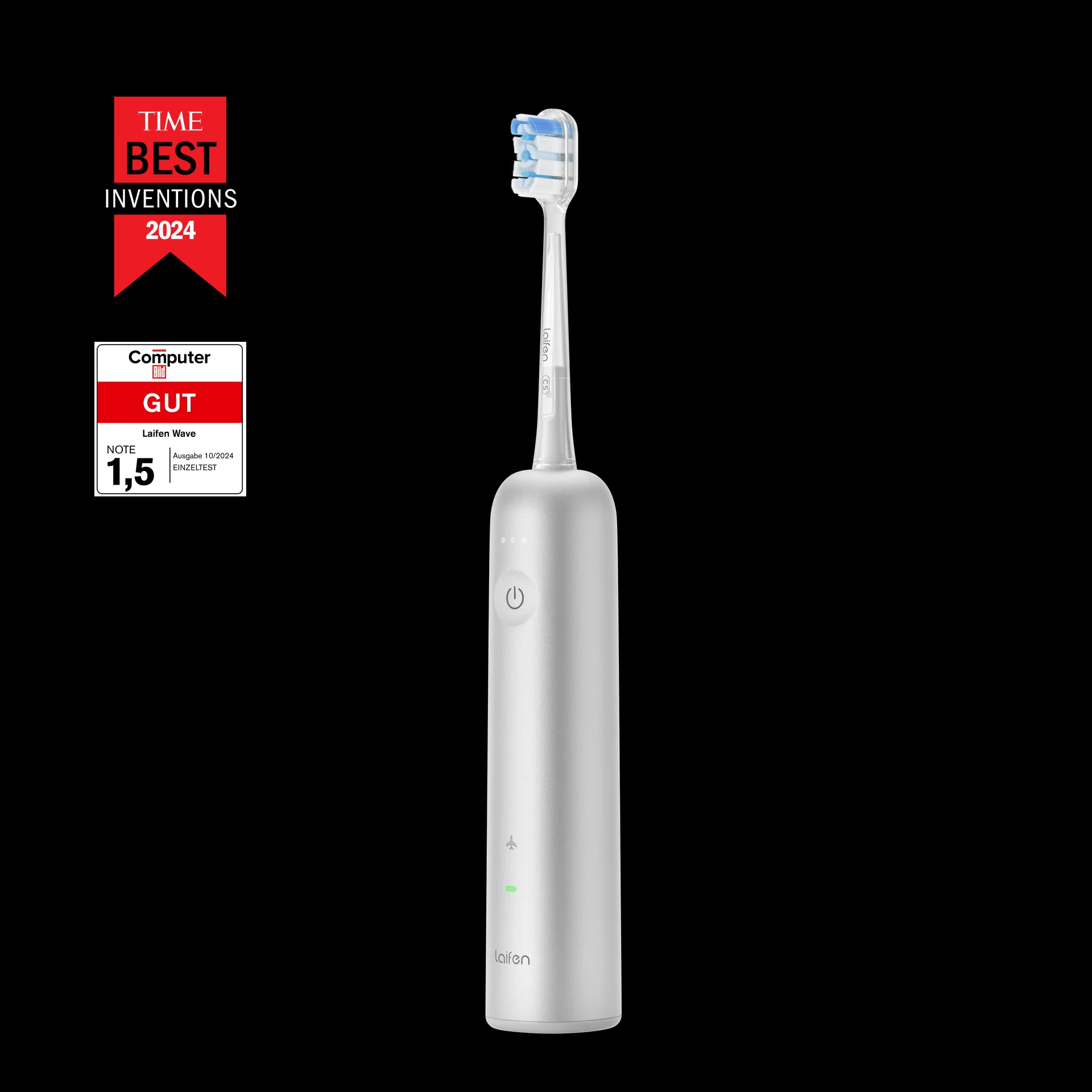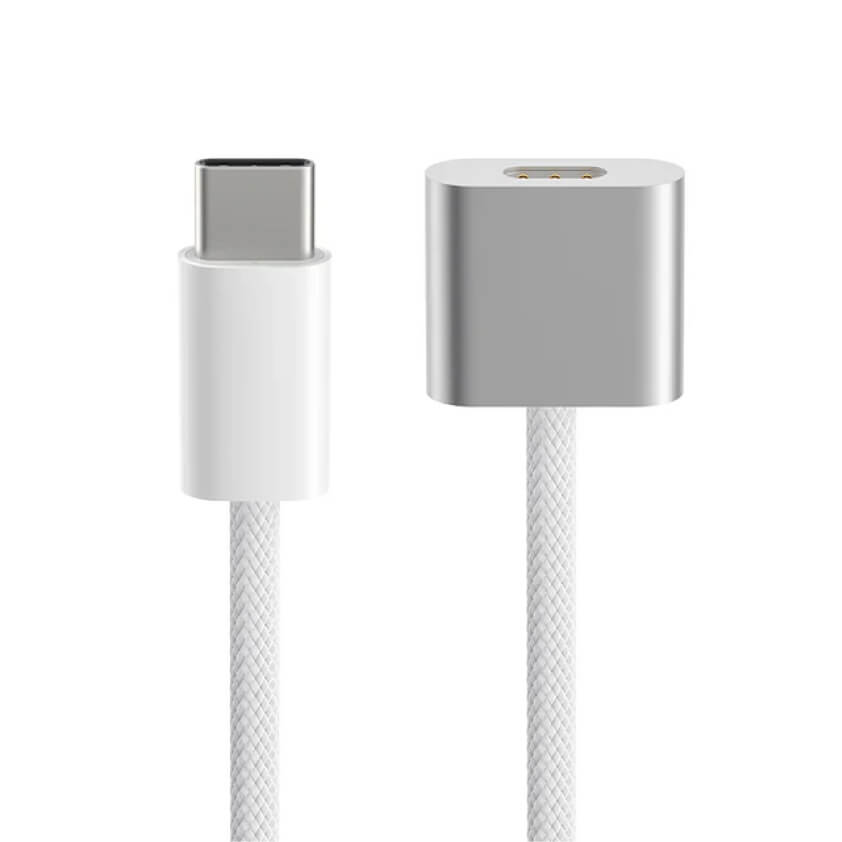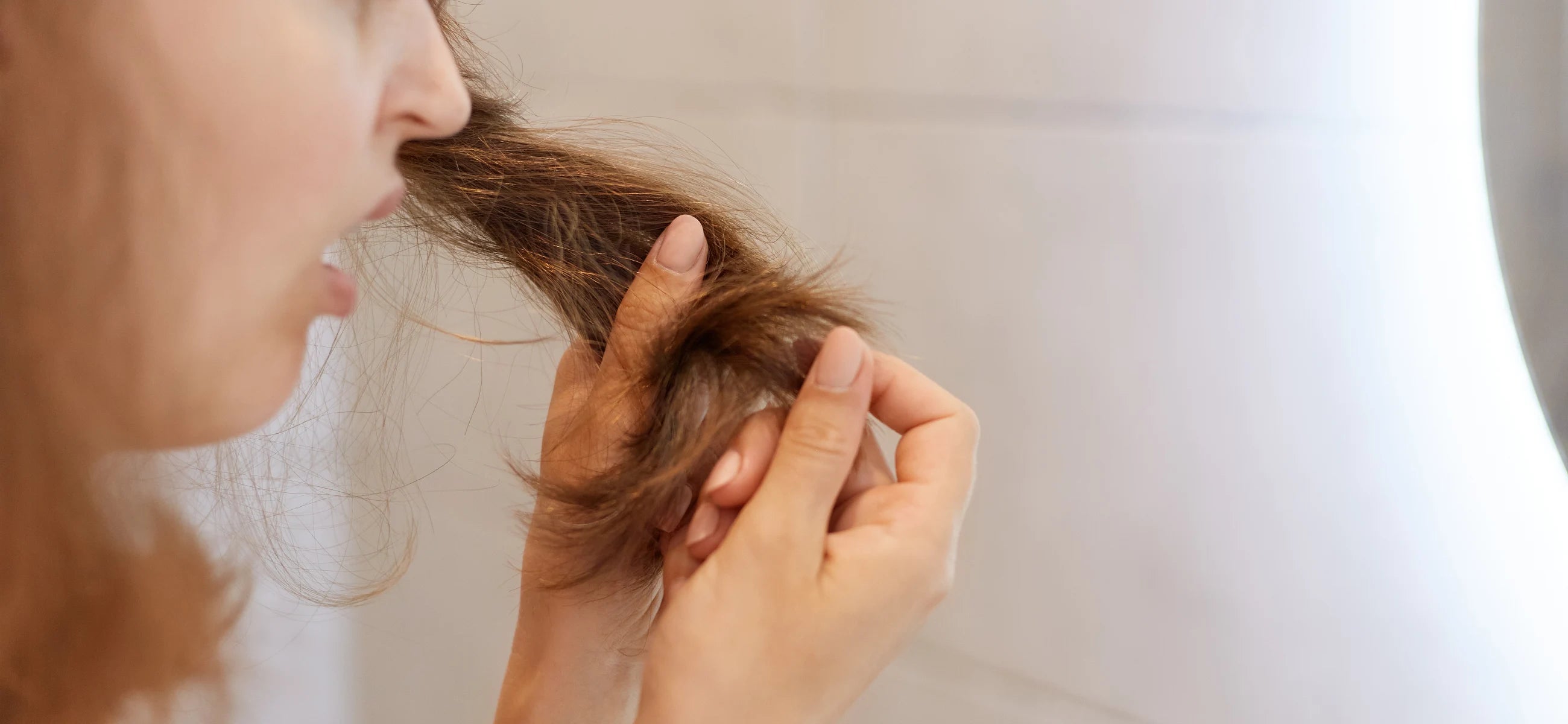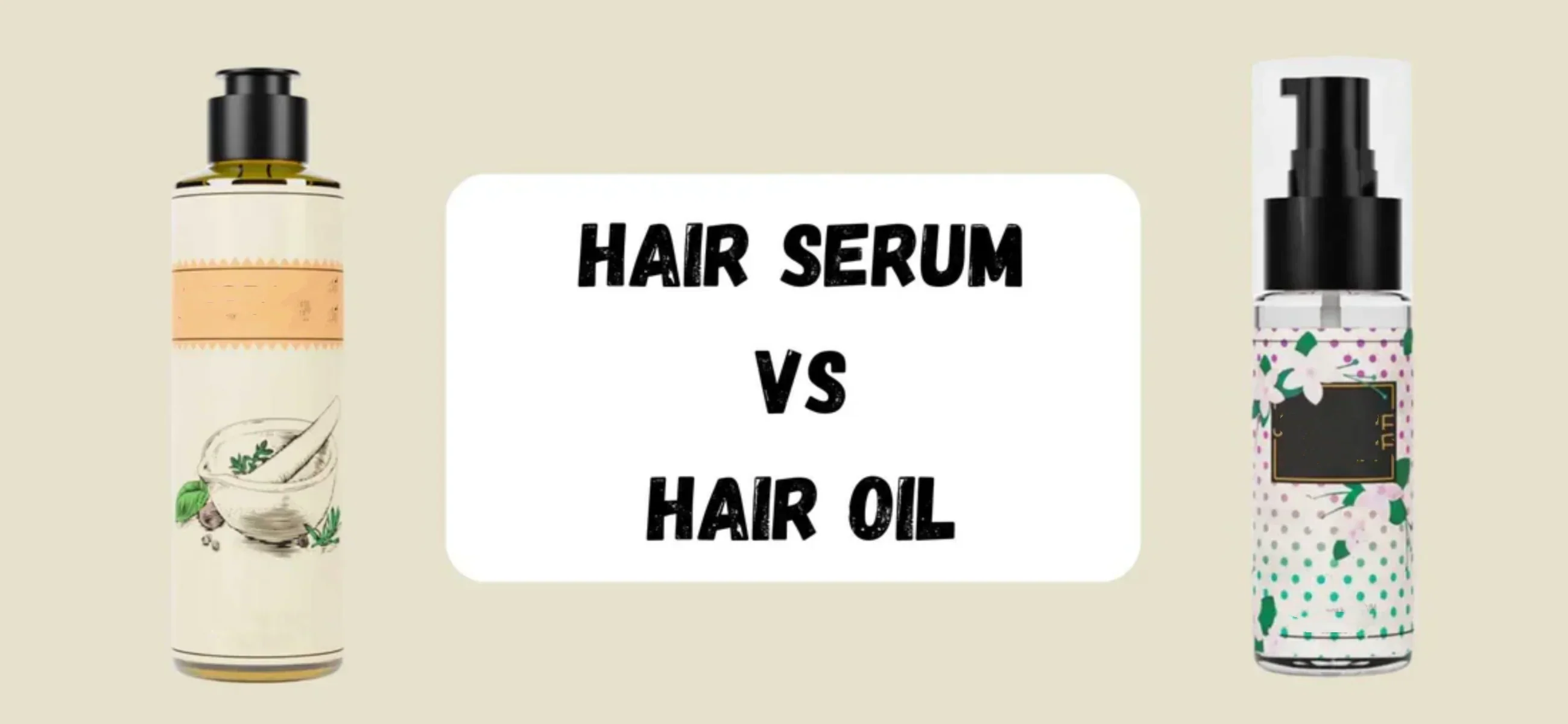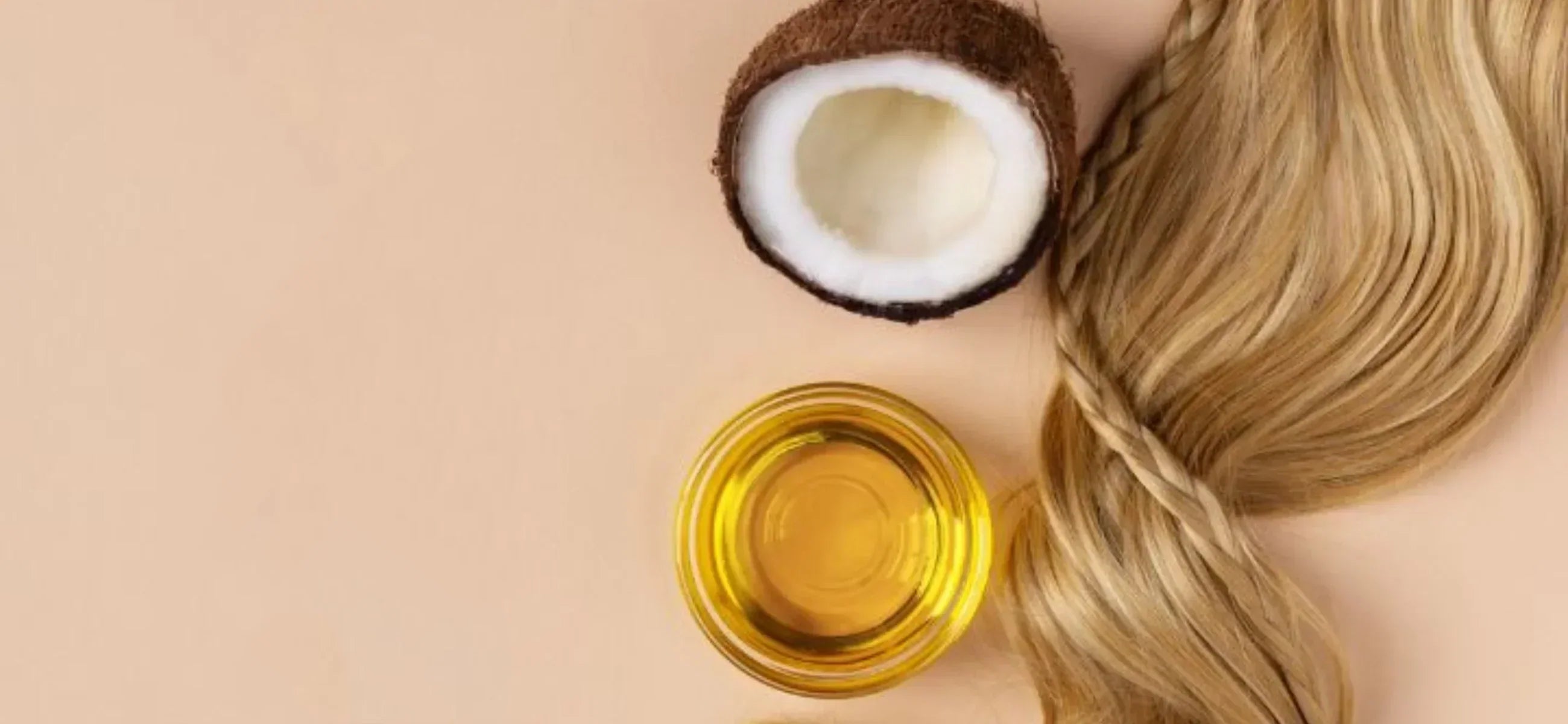
In this article
Coconut oil is one of those haircare staples people either swear by or misunderstand entirely. Many use it simply because it’s known to prevent dryness, but few truly grasp what makes it so unique or why it doesn’t work for everyone in the same way. So, before you slather it on thinking it’s a universal fix, it’s time to rethink how and when to use it because the right approach can make all the difference in whether coconut oil is your hair’s best friend or worst enemy.
Is coconut oil good for your hair growth?
Coconut oil has a unique molecular structure that allows it to penetrate deep into the hair shaft and fortify the hair from within. This deep absorption helps reduce protein loss, a major factor in breakage and slow growth.
Beyond its strengthening abilities, coconut oil also nourishes the scalp, which plays a critical role in hair growth. A dry, irritated scalp can slow down the hair cycle, while clogged follicles can stunt growth altogether. Coconut oil’s antimicrobial and anti-inflammatory properties help keep the scalp balanced.
Additionally, its rich fatty acids and vitamins help improve blood circulation when massaged into the scalp and gives oxygen and nutrients directly to the hair follicles. While coconut oil alone won’t make hair grow overnight, its ability to reinforce, protect, and nourish makes it a powerful ally for those looking to maintain thriving hair.
What are the side effects of coconut oil on hair?
Coconut oil is often hailed as a holy grail for hair care, but it’s not without its drawbacks. One of the most common side effects is buildup and greasiness. Since coconut oil is heavy and highly occlusive, it can sit on the hair rather than absorb fully and results in strands feeling weighed down, greasy, and limp. Another overlooked downside is protein overload and brittleness. Coconut oil reduces protein loss, but for hair that already has high protein content, excessive use can lead to stiffness, roughness, and increased breakage rather than softness.
What oil is best for hair?
-
For those with curly or wavy hair, moisture retention is everything. Argan oil is a top pick, as it’s deeply hydrating, taming frizz while defining curls without flattening them. Jojoba oil, which mimics the scalp’s natural sebum, is another great choice for keeping curls soft and manageable.
-
If you have straight or fine hair, heavier oils can easily overpower your strands, so choose something lightweight like grapeseed oil or sweet almond oil, both of which add shine and strength without making hair greasy.
-
Those struggling with dry or brittle hair will benefit from deeply penetrating oils like avocado oil or olive oil, which coat the strands and lock in moisture, preventing breakage. On the other hand, if you battle excess oil production, tea tree oil or rosemary oil can help regulate scalp health without clogging follicles.
-
And for split ends and damage repair, castor oil and amla oil are excellent choices, as they help fortify weakened strands while promoting growth.
The secret to using hair oil effectively? Less is more. A few drops applied strategically can work wonders, but overdoing it can leave your hair limp and greasy.
How to apply coconut oil to hair?
Follow these steps to apply coconut oil the right way and let your hair soak up all the goodness without feeling weighed down.
Step 1. Warm it up for better absorption
Coconut oil in its solid state can be tricky to spread, so scoop out a teaspoon-sized amount and rub it between your palms until it melts. For a more luxurious treatment, heat it in a bowl of warm water just to make sure it’s not scorching hot!
Step 2. Focus on the mid-lengths and ends
Unless your scalp is extremely dry, avoid slathering coconut oil directly onto your roots that can clog pores and lead to buildup. Instead, concentrate on the mid-lengths and ends, where hair tends to be the driest and most prone to damage.
Step 3. Let it sit—But not for too long
For a quick moisture boost, leave coconut oil in for 30 minutes before washing it out. If you’re going for a deep treatment, wrap your hair in a warm towel and leave it on overnight. Just be mindful as leaving it on for too long can cause protein overload.
Is coconut oil good for your color treated hair
While it’s true that coconut oil can help reduce protein loss, which is crucial for chemically processed hair, its impact on hair color isn’t always ideal. Because coconut oil penetrates the hair shaft, it can sometimes interfere with color molecules and result in faster fading especially for vibrant or semi-permanent dyes.
However, this doesn’t mean coconut oil is completely off-limits for dyed hair. If used strategically, it can help restore moisture, repair damage, and strengthen brittle strands without compromising color too much. The key is moderation.
Coconut oil alternatives
If coconut oil isn’t working for you, there are several powerful alternatives that deliver deep nourishment without the drawbacks.
1. Argan oil – The moisture booster
Known as “liquid gold,” argan oil is packed with vitamin E and essential fatty acids, it smooths frizz, protects against heat damage, and boosts shine. It's good for fine, straight, or color-treated hair that gets easily weighed down by heavier oils.
2. Jojoba oil – The scalp balancer
If you struggle with an oily scalp or product buildup, jojoba oil is a perfect substitute. It can sometimes clog pores, jojoba oil mimics the natural sebum your scalp produces. It’s excellent for those with scalp irritation, dandruff, or fine hair that needs moisture but not excess weight.
3. Avocado oil – The deep repair treatment
For hair that’s dry, brittle, or damaged, avocado oil offers intense nourishment with a rich blend of monounsaturated fats, biotin, and amino acids. It’s particularly beneficial for curly, coily, or bleached hair.


